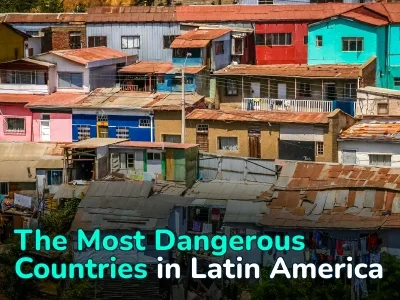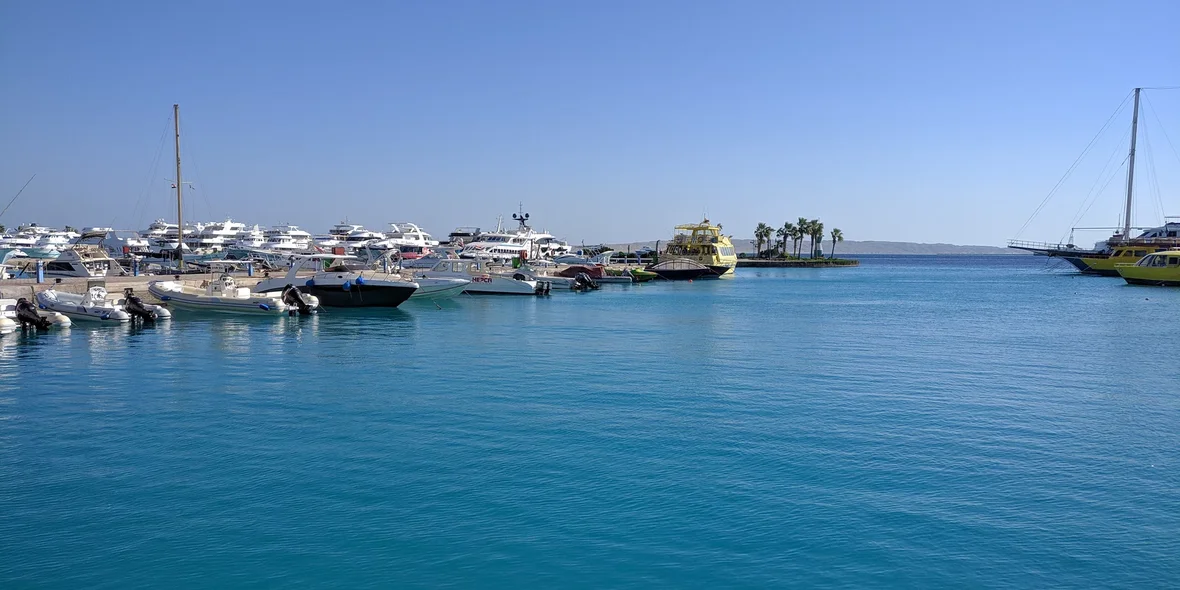
“Obtaining Permanent Residence in Egypt is Almost Impossible.” Diving Instructor About Life in Hurghada, Prices, and Safety
“In Egypt, you learn to slow down and worry less.” Alina shared with us her personal experience of living and working in Egypt, talked about the influx of foreigners into this country recently and the difference between Hurghada and Sharm el-Sheikh. We also talked about prices in Egypt, buying and renting real estate, the mentality of local residents and the Russian-speaking diaspora.
Hurghada is a city where people come to live.
About permanent residence, weather, pros, and cons
— My name is Alina. I will soon be 43 years old. I have been living in Egypt for about three years — mainly in Hurghada. I work as a diving instructor. Sometimes I am offered contracts in Sharm el-Sheikh and I fly there to work, but I consider Hurghada to be my home here.
The fact is that Sharm el-Sheikh is more of a tourist center where people come, work out their contract for 3–6 months and leave. And Hurghada is a city where people come to live. Many people meet here, start families, and so on. Thanks to this difference, relationships in Hurghada are more like at home.
Obtaining permanent residence in Egypt is almost impossible. It is a little easier for women who marry Egyptians to do this. In general, you can live here peacefully for a year, but then you will have to fly out and return, that is, get a kind of visaran.

— In Egypt, the main advantage is, of course, the Red Sea. I have been diving for a long time and have dived in many places, but I can say that the Red Sea is the kindest, gentlest and most affectionate. In a word, amazing.
The weather in Egypt is always very good: in winter it is not cold here — 22–24 degrees during the day, and at night it reaches 14 degrees. I consider the hardest summer months to be July and early August (until about the 15th), since at this time it is unbearably hot here. In such heat, people try not to work during the day, and shops open around 16:00–17:00.
People come to Egypt to “heal the soul.”
— The roads in Hurghada are very good, the asphalt is excellent, but there are no roads as such between the houses — there are mostly crushed stones there. Here you can find all kinds of garbage; However, in the last year and a half I have observed a positive trend in this regard — the streets have begun to be cleaned and improved. I think the influx of a large number of foreigners (mostly Russians and Ukrainians) had an effect. If Sharm el-Sheikh is an Italian city, then Hurghada is definitely Russian-speaking.
I note that you can live without problems with English and Russian languages in Egypt; I have friends who live well here, knowing only Russian. Therefore, in this country you can always explain yourself.
In general, we have a friendly Russian-speaking diaspora in Hurghada without any special division into nationalities. We have fun and participate in various events, including mafia, quizzes, board games, karaoke, parties, women's groups, a women's sports club for group classes (yoga, belly dancing, stretching, aerial gymnastics).
As a rule, we communicate without moving on to political topics, and if they are touched upon, then in the case of different views, we simply end the conversation to avoid conflicts. In Egypt, by the way, interethnic strife is not welcomed in principle - this can even lead to deportation from the country. Here they want everyone to live peacefully.

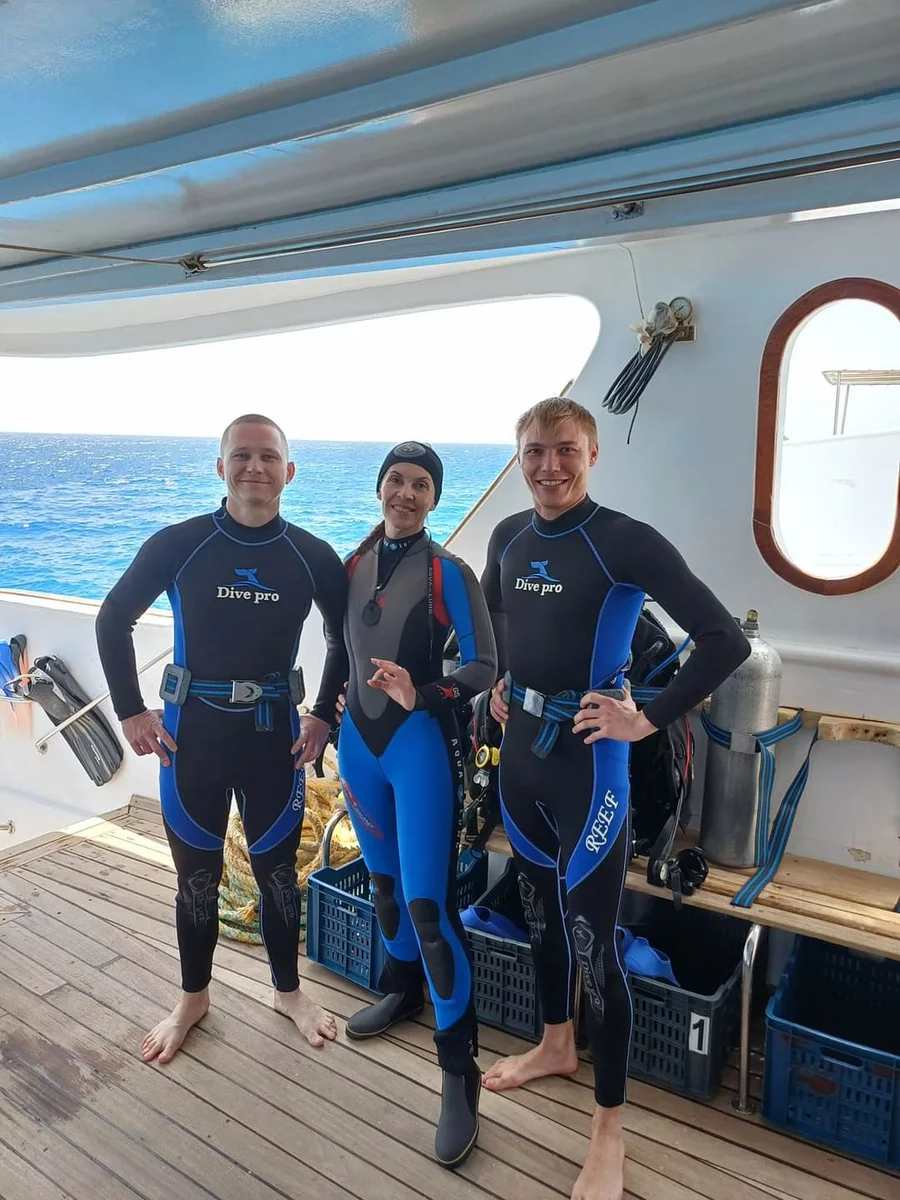
— I really like how Hurghada is gentrifying and developing. For example, unlike Sharm el-Sheikh, there are several grocery delivery companies here, not only from bars or restaurants, but also from grocery stores, butchers and pharmacies. For me, as a girl who doesn’t have a car, this is a huge plus.
As for local food, I really like seafood, creamy seafood soup and falafel. It is believed that falafel is eaten here for breakfast, but I am ready to eat it at any time.
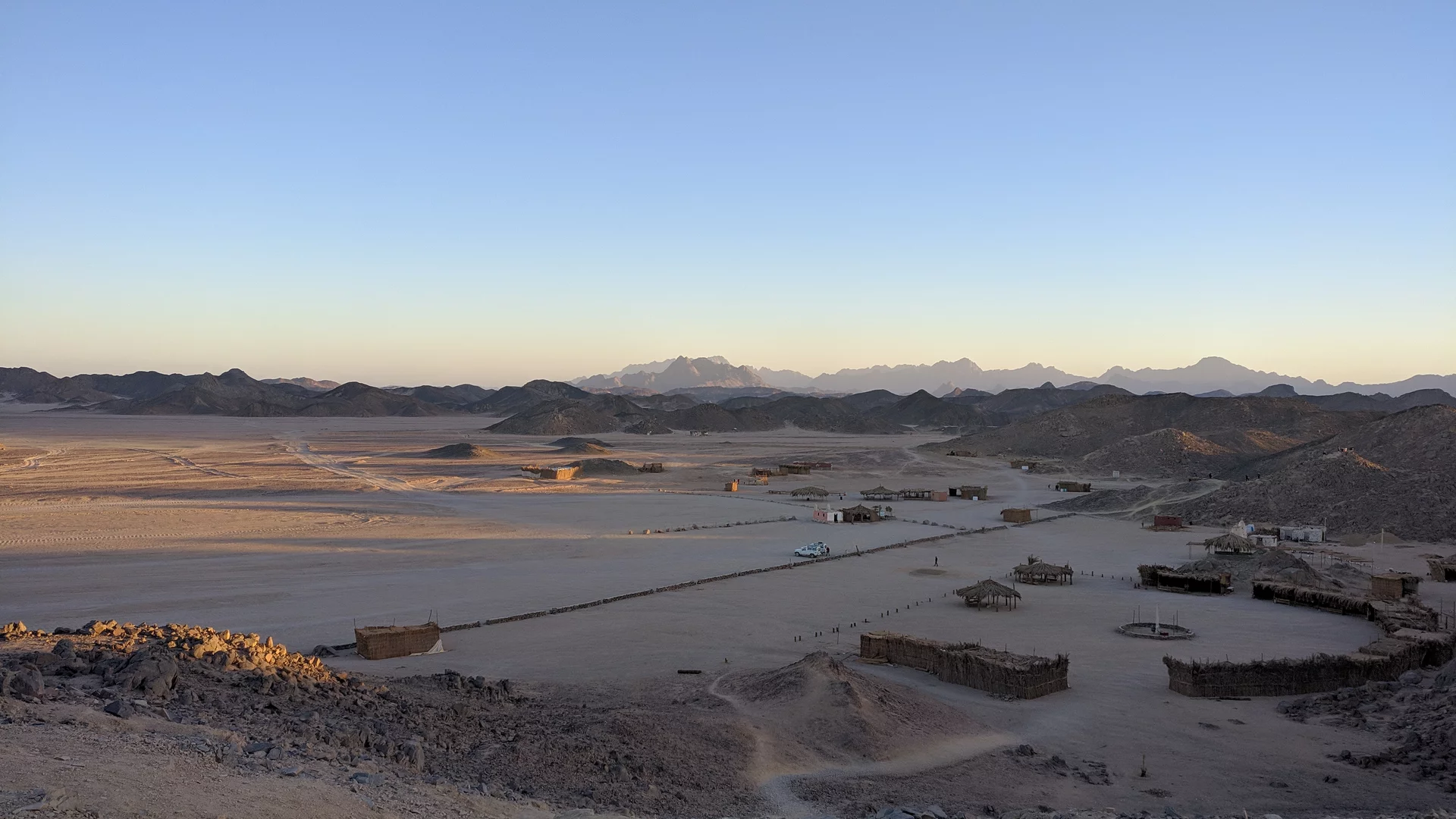
— Real life in Egypt is calmer or something. People who move here become more balanced and begin to have a simpler attitude towards life.
In addition to the sea and sun, this is facilitated on the one hand by the disadvantage of the Egyptians, and on the other by their advantage — they are not in a hurry. For example, they can make an appointment for you at 17:00, but they will arrive at about 18:00, or even at 22:00. It doesn’t matter whether it’s a work meeting, friendly get-togethers, or calling a plumber. Plus, you need to keep in mind that Egyptians do not like to work during the day and all work is usually postponed to the evening.
When you first move here, it’s quite difficult to get used to this feature, but you gradually get into this rhythm and learn to worry less about it or not. This is similar to the principle of “Hakuna Matata”, which reigns in Zanzibar — in Egypt they say Inshallah, that is, with God's help.
Just three years ago, you could easily live on $100 in Egypt.
About real estate prices in Egypt
— Prices in Egypt, both in pounds and in dollars, have now risen due to the fall of the local exchange rate and the shaken political state of Europe and other leading countries. Just three years ago, you could easily live here on $100 (excluding apartment rent) — now, unfortunately, this is no longer realistic.
You can take a taxi from one area of Hurghada to another for 20 Egyptian pounds (~$0.5); go to Cairo by bus — for 400 pounds (~$8.5); and a flight to Sharm el-Sheikh costs about 30–40 dollars.
Speaking of renting, quite recently in Hurghada it was possible to rent a good one-room apartment with equipment for $80, now it is possible for no less than $150. And in Sharm el-Sheikh, prices are still higher.
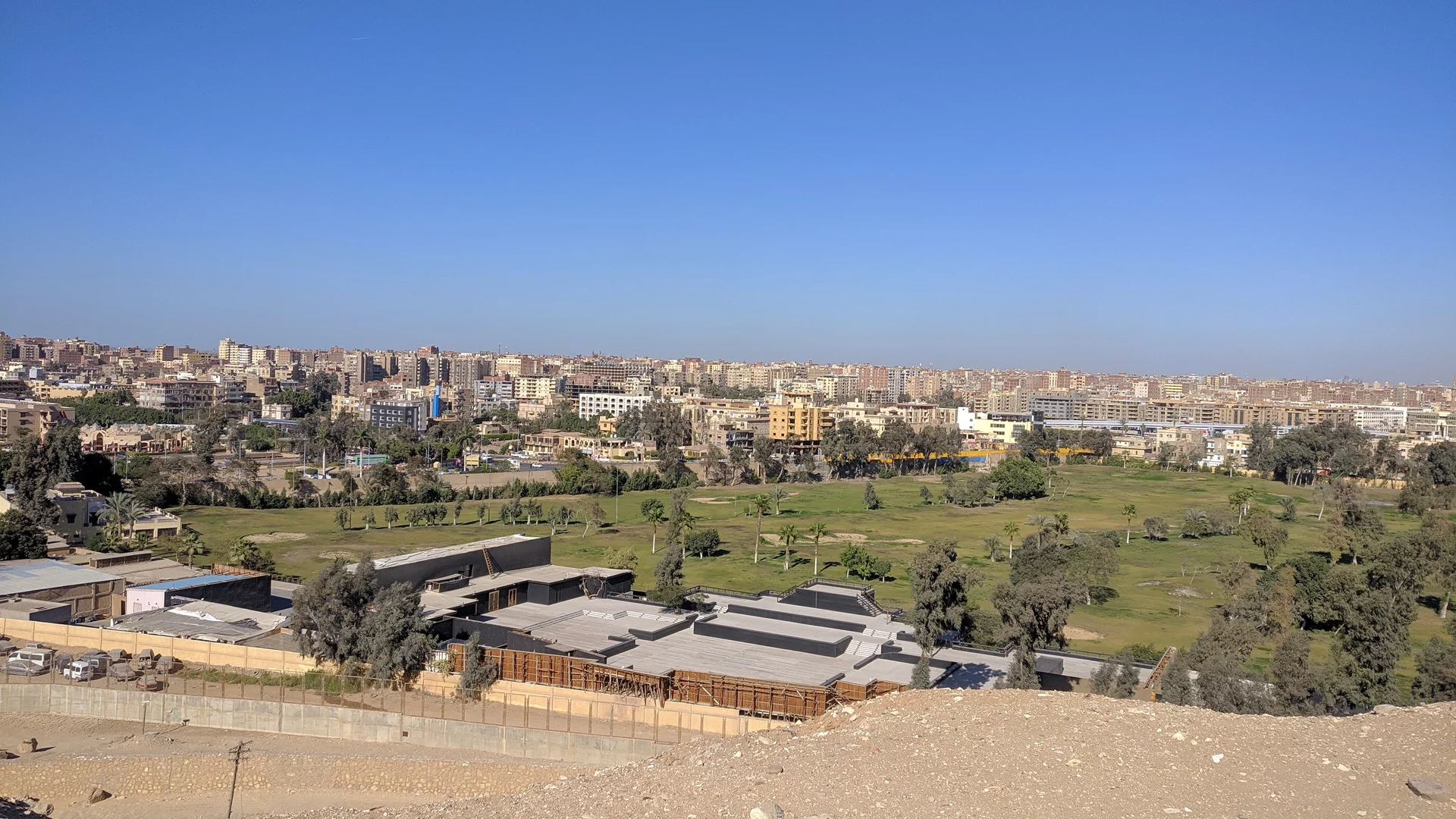
— Foreigners have no problems with buying real estate in Egypt: a purchase and sale agreement is drawn up, then a tauqeel (this is the right of ownership of housing), and in good houses you can also draw up a green contract or buy an apartment immediately with it (this already includes land ownership).
Property prices in Egypt are quite affordable, although they have been rising in recent years due to the influx of foreigners. There aren't many places where you can buy a small studio for $20,000. Of course, there will still need to be some repairs done there, but still.
— If you have your own property, you need to pay apartment tax — about 500 pounds per year (10 dollars).
Utility bills in Egypt include payments for water, gas and electricity. And most often, in good houses, they are paid using special apartment cards. That is, how it happens: you run out of electricity, you top up this card, pay the required amount and the light comes on again. Essentially, you only pay for what you spend. The scheme for gas is also similar.
If you rent a studio or apartment in a compound*, in addition to basic payments, you need to pay monthly for landscaping — approximately 600-800 Egyptian pounds per month.
*The compound is a closed complex of residential buildings with its own developed infrastructure. Everything necessary for comfortable living and recreation of residents is located inside the complex.
About safety and the ability to bargain
— I consider Hurghada and Sharm el-Sheikh to be probably one of the safest places in the world. On what basis? There are a lot of police here, including the tourist police, who work very well: there is a special number that a foreigner can simply call and ask for help.
For example, I had a situation when I forgot my laptop in a taxi and could not contact the driver. So, the police removed the cameras from the compound in Makadi Bay, where I was leaving, and contacted the traffic police. They rang the numbers of this car, called the taxi driver and he immediately drove up and returned everything. I saw that he did not open the laptop or do anything with it. This made me very happy.
It happens when something is stolen from tourists, but these are isolated cases. The fact is that in Egypt, one might say, they live off tourists, and the locals do not want to spoil their reputation at all and are themselves interested in ensuring that everything around them is safe.
Yes, they really like to sell something at a higher price, especially to tourists, so you need to learn to bargain. This, again, is a feature of the mentality that you need to adapt to.
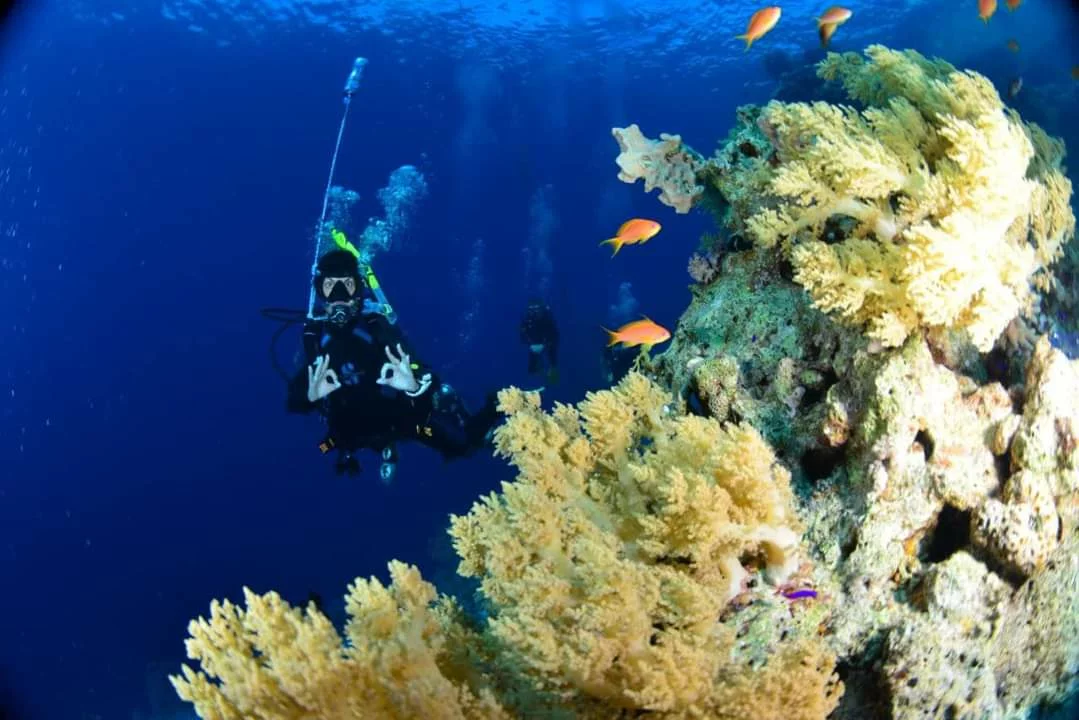
About favorite places in Egypt
— I really love spending time in Hurghada and enjoy working here whenever there is such an opportunity. We have a stunningly beautiful area here, El Gouna, which reminds me of Turkish Alanya — a lot of greenery, golf courses, tennis, everything is very beautiful and neat. But also expensive, of course. A lot of rich Cairo residents live here in a summer house.
Among other places in Egypt that I like, I can name Luxor — walking there is a pleasure; and also Siwa — an oasis not far from Cairo with beautiful salt lakes.
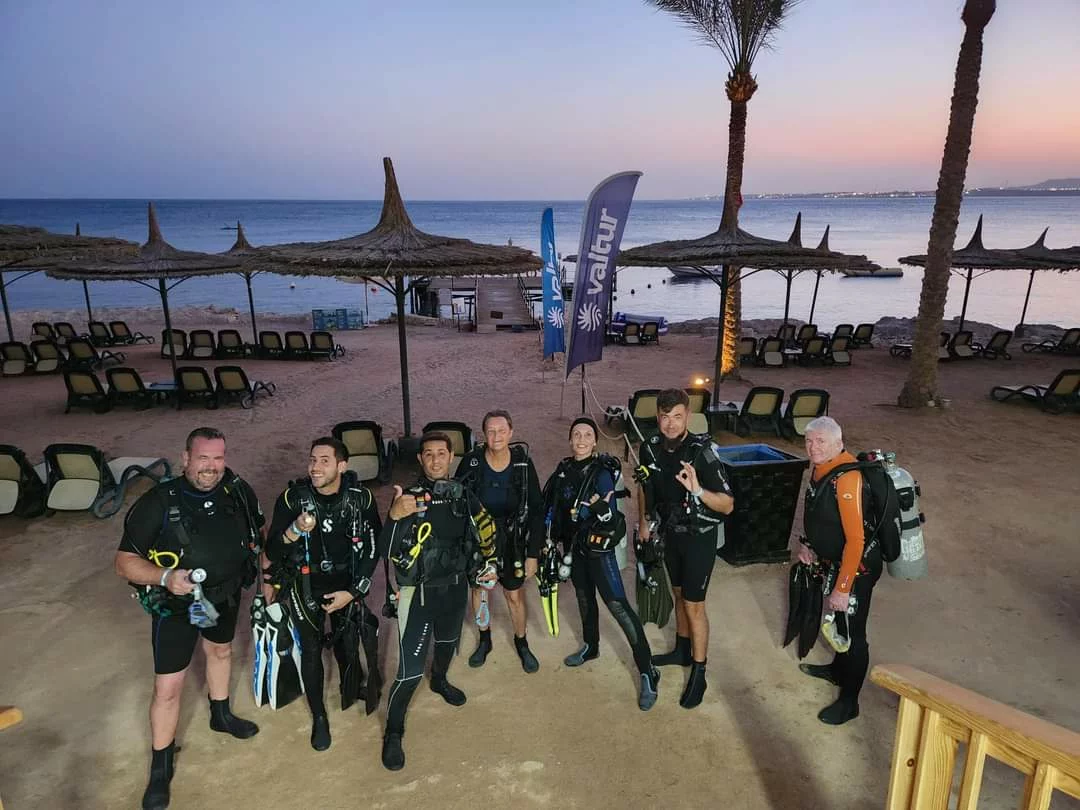
— I don’t like when people start forcing opinions on me about how bad everything is in Egypt.” If a person wants to see dirt, he will see it everywhere — the question is perception. I always try to focus on the good. There are no ideal places, but there are some huge advantages against which minor disadvantages simply fade.
For example, many people don’t like the fact that few people work here during the day and most of their life begins in the evening. This mode suits me, since I am a night owl by nature. The only thing is that it can be a bit difficult when you have to go out to sea at 8 am.
Also, some are confused by the lack of alcohol on store shelves — you can only drink it in bars and restaurants. And I think that this is just the ideal opportunity to stop drinking. On the contrary, I really like that there are very few people who drink here, and the consequences associated with this.
Therefore, I can say that I really like it here. When I leave Egypt to visit relatives and friends, I really miss Hurghada — the sea, the climate and the people. I found myself here, and I’m really very happy.
Do you want to share your personal experience of relocating and living in another country? Email us at info@realting.com. We will be happy to tell your story.
Author
I am responsible for editorial work. I write expert interviews and guides.
























